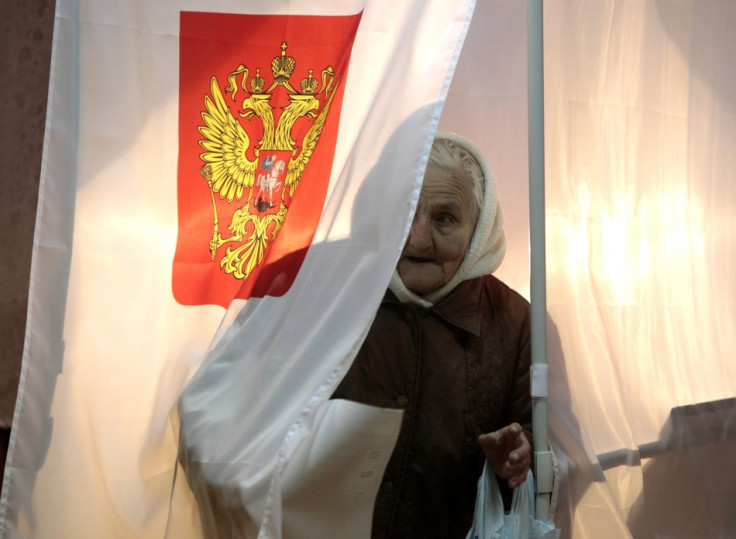Cyber Warfare: Is Russia a Rogue State?

Websites revealing alleged violations during Russia's parliamentary elections on Sunday have been targeted in a mass hacking attack their operators said was aimed at preventing the exposure of mass elections fraud.
Russians took to the polls on Sunday to have their say in who will run their country. Initial reports suggest that Prime Minister Vladimir Putin may suffer an electoral decline that would mean losing his party's two-third parliamentary majority.
Popular Russian radio station Moscow Echo and election monitoring group Golos said their websites were the victims of cyber attacks, while several opposition news sites were inaccessible during the election period.
"The attack on the website on election day is clearly an attempt to inhibit publication of information about violations," Moscow Echo editor-in-chief Alexei Venediktov wrote on Twitter.
Golos also said that its main website, as well as the "Map of Violations" site detailing claims of electoral fraud across Russia, was under "massive attacks."
Russian hackers have been known for the politically-motivated targeting of websites, both domestically and abroad.
In April 2007, a series of cyber attacks targeted the websites of Estonia's parliament, banks, ministries, newspapers and broadcasters amid a diplomatic row with Russia. A Russian member of parliament later admitted that his unnamed aide was responsible in orchestrating the attacks, while Kremlin-backed youth group Nashi also claimed responsibility. Nashi is considered to be the political youth movement of Vladimir Putin.
During the 2008 South Ossetia war with Georgia, a series of cyber attacks swamped and disabled the websites of numerous South Ossetian, Georgian, and Azerbaijani organisations. Russia has not said it was behind the attacks, but a report published by the United States Cyber Consequences Unit concluded that the first wave of attacks was synchronised with Russian military operations in Georgia and that the second wave was probably conducted by independent Russian sympathisers.
An aggressive botnet virus operating from 2006 until March 2011 was also traced to Russia. The virus targeted computers running Microsoft Windows and was capable of sending up to 25,000 spam messages an hour from the infected PC.
Based on evidence gathered in the case, we have reason to believe that the people behind the Rustock botnet either have operated or are operating out of Russia," said Richard Boscovich, a senior attorney in the Microsoft Digital Crimes Unit.
A U.S. intelligence report in November 2011 pointed the finger at Russia and China for the majority of cyber attacks on U.S. websites and computer systems.
"The governments of China and Russia will remain aggressive and capabkle collectors of sensitive U.S. economic information and technologies, particularly in cuyberspace," the report stated.
A senior U.S. intelligence official, speaking on condition of anonymity to discuss the report before its public release, said the Chinese and Russians are using the high-tech espionage to boost their own development.
Analysts generally agree that although the majority of state-backed hacking attempts come from China, it is Russia that has the most sophisticated and aggressive hackers, often working independently from the government.
Reformed Russian hacker, known only as Andrei , told the BBC in March 2011 that there are at least 100 specialist hackers that "can really do some [damage]. Affect systems, aviation, transport."
© Copyright IBTimes 2025. All rights reserved.





















